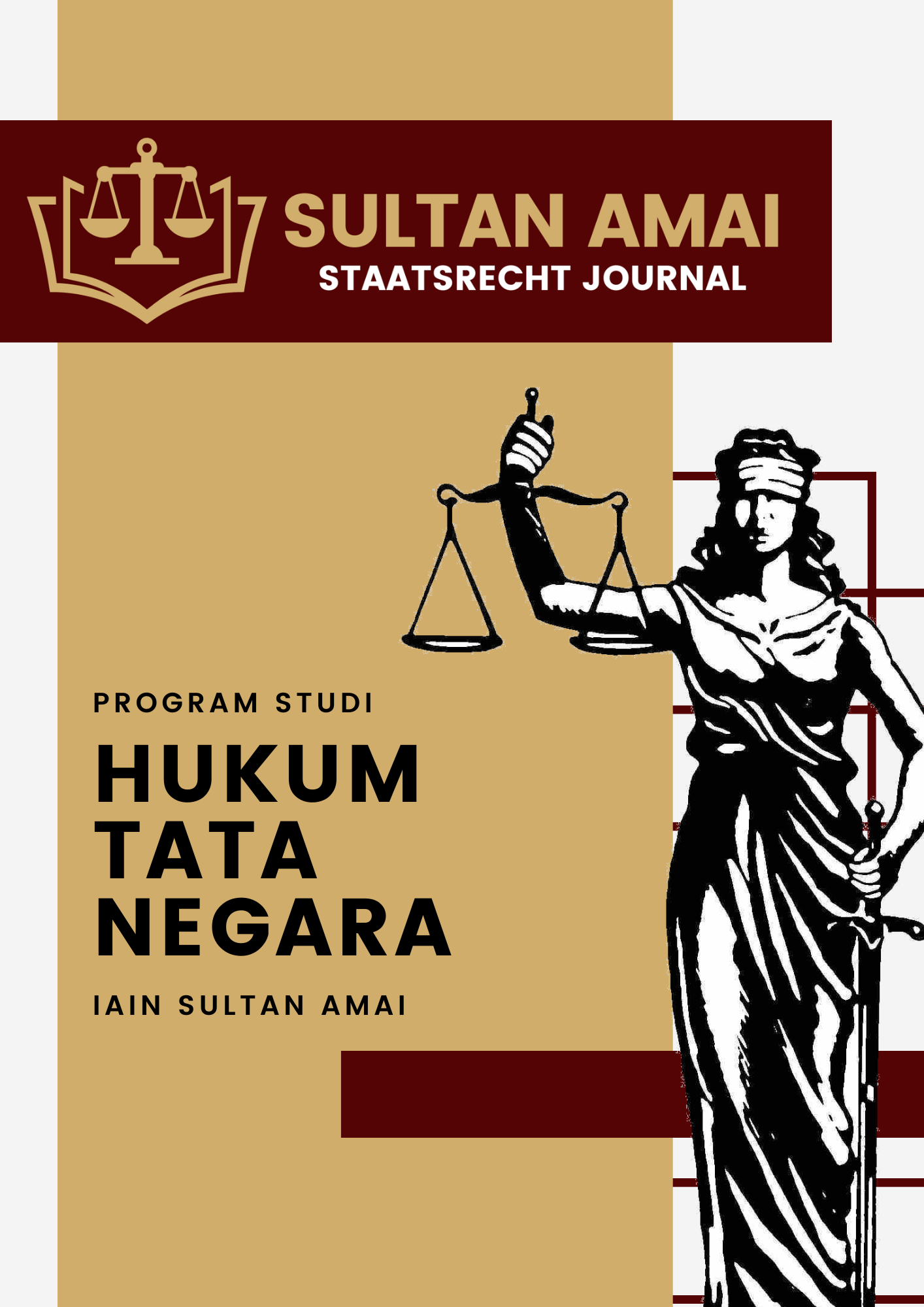KEWENANGAN PENGADILAN TATA USAHA NEGARA DALAM MENGUJI UNSUR PENYALAHGUNAAN WEWENANG PEJABAT PEMERINTAHAN
Keywords:
State Administrative Court, Abuse of Authority, Government OfficialsAbstract
This study raises two issues: 1) What is the competence of the State Administrative Court in testing the elements of abuse of authority of government officials. 2) What are the implications of the application of the provisions in Law Number 30 of 2014 concerning Government Administration on the abuse of authority of government officials. The type of research used is qualitative literature research that explains descriptively, using a normative juridical approach. The research data sources include primary and secondary data. The primary data was sourced from the research subjects, namely Law Number 48 of 2009 concerning Judicial Power, Explanation of Law Number 30 of 2014 concerning Government Administration, Law Number 51 of 2009 concerning Amendments to Law Number 5 of 1986 concerning State Administrative Courts, and Supreme Court Regulation Number 4 of 2015 concerning Procedural Guidelines in the Assessment of Elements of Abuse of Authority. Meanwhile, secondary data is sourced from written documents in the form of scientific journals, documents, books and various other references. The results of this study show that Law Number 51 of 2009 has expanded the scope of competence of the State Administrative Court (PTUN) by adding new dispute objects and increasing the assessment of abuse of authority as well as the examination of positive fictitious decisions. The PTUN plays an important role in testing the validity of government actions from a legal point of view. Challenges to access to justice still exist, especially in hard-to-access areas, emphasizing the need to harmonize laws and regulations after the enactment of Law Number 30 of 2014 concerning Government Administration. Then the implementation of Law Number 30 of 2014 concerning Government Administration has complex implications for acts of abuse of authority by government officials. Although it gives authority to the State Administrative Court (PTUN) to assess the abuse of authority, there are challenges in understanding and applying it, especially related to the examination and proof process in court. Administrative policies that expand administrative efforts also have an impact on the duration of the case process at the State Administrative Court, resulting in a paradox in the goal of accelerating access to justice. Efforts are needed to revise the procedural guidelines for the assessment of abuse of authority to be more in accordance with the principles of state administrative law and provide clarity regarding the respondent in the application.













